2020 Global AIDS Update
Seizing the moment — Tackling entrenched inequalities to end epidemics
The COVID-19 pandemic has changed our world immeasurably over the past six months. I am proud that decades of experience in responding to HIV are being used in the response to
the coronavirus, and that activists all over the world are working hard to make sure that the disruption to HIV services is minimized. This report profiles some activists, like Theary So from Cambodia who has been living with HIV for 15 years. Theary provides counselling services every day at the Khmer–Soviet Friendship Hospital in Phnom Penh, the country’s first HIV treatment site that is now being used to respond to COVID-19.
Successful pandemic responses must be rooted in human rights, be evidence-based, community-led and fully funded. We must learn the lesson once and for all.
HIV has been slipping down the international agenda for some years. That is why I am calling on leaders to come forward to support a United Nations General Assembly High-Level Meeting on Ending AIDS in 2021 to address with urgency the outstanding issues that are holding us back from ending the epidemic as a public health threat by 2030.
We must not drop the ball on HIV.
The UNAIDS 2020 global report is a call to action. It highlights the scale of the HIV epidemic and how it runs along the fault lines of inequalities. We can and must close the gaps.





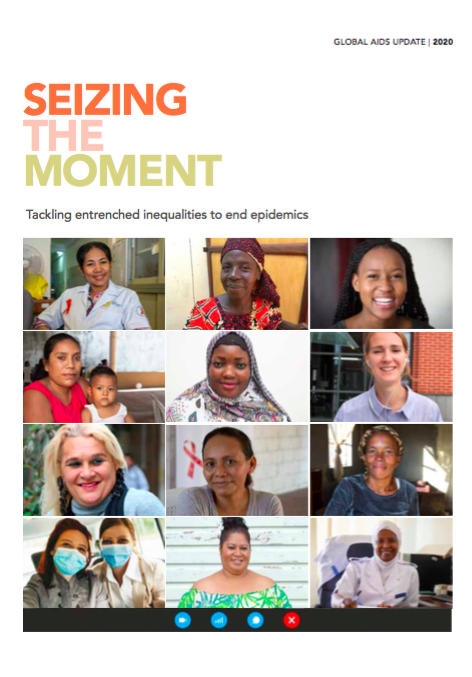
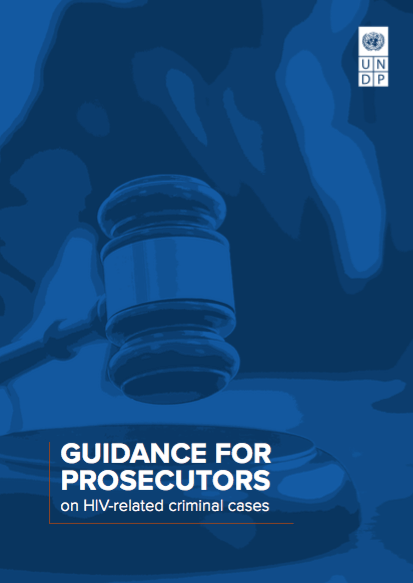 Guidance for prosecutors on HIV-related criminal cases.
Guidance for prosecutors on HIV-related criminal cases.
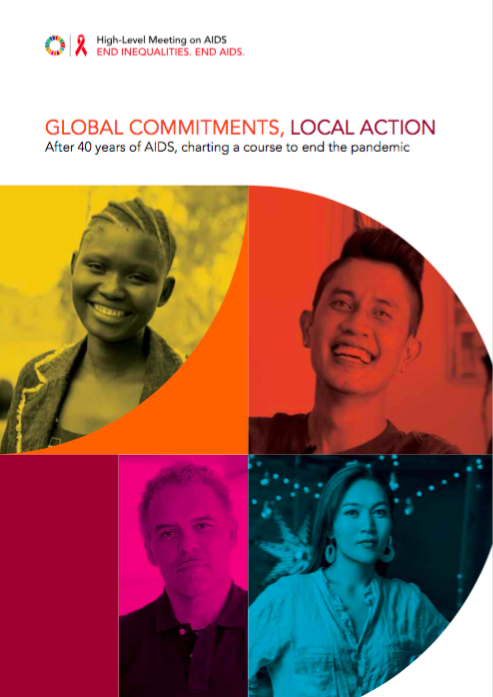 Global Commitments, Local Action. After 40 years of AIDS, charting a course to end the pandemic
Global Commitments, Local Action. After 40 years of AIDS, charting a course to end the pandemic
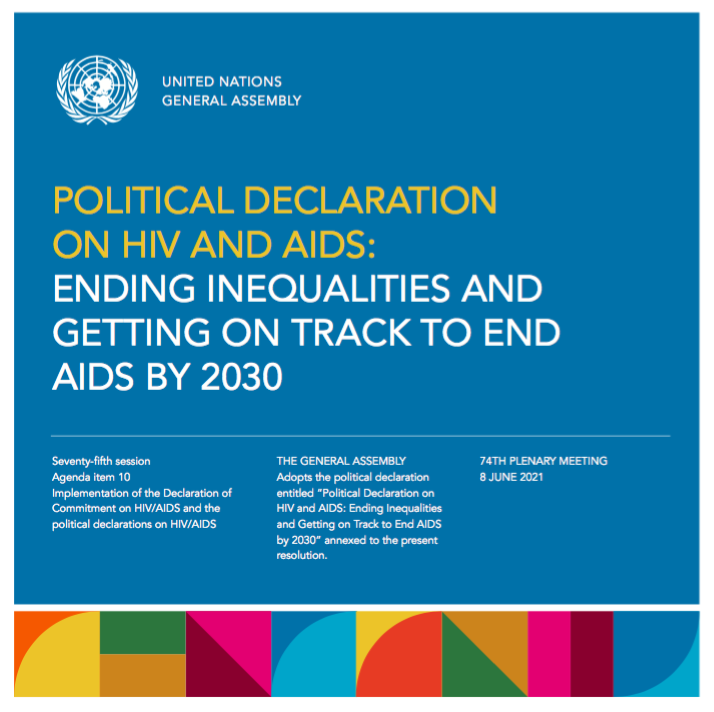 Political Declaration on HIV and AIDS: Ending Inequalities and Getting on Track to End AIDS by 2030
Political Declaration on HIV and AIDS: Ending Inequalities and Getting on Track to End AIDS by 2030
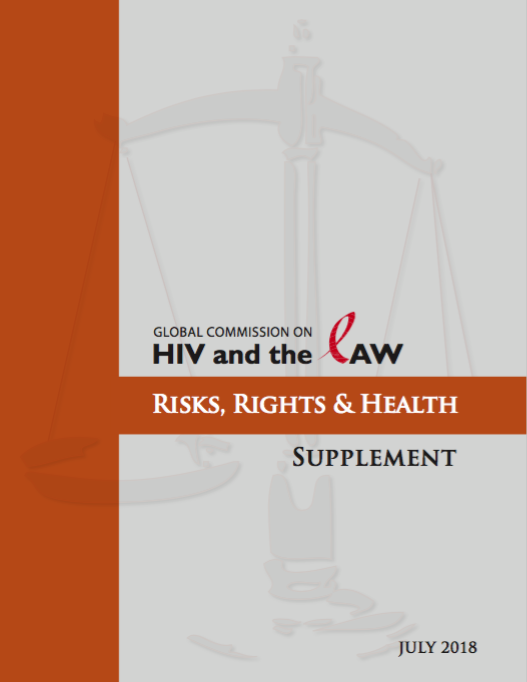 Supplement to the Report of the Global Commission on HIV and the Law “Risks, Rights & Health”
Supplement to the Report of the Global Commission on HIV and the Law “Risks, Rights & Health”